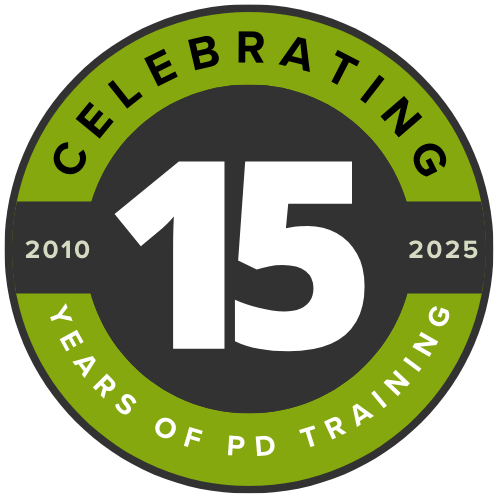The successful implementation of a Lean Six Sigma Program begins with the selection of the appropriate project. The Lean Six Sigma Project Selection Training Course is recommended for those at the management level, who are involved in selecting the company’s or department’s process improvement projects.
After completing this course, you will have learned: to perform the Project Selection Process (“PSP”) to identify, define, select and manage a process improvement project, the importance of PSP for LSS success, to contribute to LSS strategy meetings and more skills to manage the successful implementation and completion of LSS projects.
This comprehensive training course is available across the U.S., including Atlanta, Austin, Baltimore, Birmingham, Boston, Charlotte, Chicago, Dallas, Houston, Jackson, Los Angeles, Manhattan, Miami, New York, Orlando, Philadelphia, San Antonio and Seattle.



“Your courses are very comprehensive; the Green Belt training is as in-depth as most Black Belt certifications I have seen” - Master Black Belt, Armed Services

If you’re not happy with the outcomes from
the course we offer a money back guarantee

For every participant
valued at $199 each

No one left behind
with our 1/2 price re-run promise

12-months access to the unique REACH Future Proofing Personal Development Dashboard with personally curated learning to develop agility to adapt to different people tasks and situations.
Six Sigma Improvement Projects strategic selection - Recognize, Define, Launch… succeed!
This Six Sigma Project selection course will empower you to take a giant leap forward in improving your business.
During this course, you will learn to Recognize multiple areas of opportunity for improvement, Define the opportunities and create a Launch plan to achieve those improvements. There is a lot covered in this course, but it really is as easy as 1-2-3.
Generating high impact projects consists of performing a Project Selection Process (“PSP”) to identify the company’s areas of concern; those areas where significant business problems or opportunities exist. The Opportunity Analysis is performed through two primary approaches: 1) by identifying any and all opportunities perceived by the management team and 2) by identifying specific problems which are preventing the accomplishment of specific goals and objectives of the organization.
Following this process will allow any business unit manager, from Department Manager through Chief Executive Officer, to identify ALL opportunities for improvement throughout the business unit. The opportunities identified may relate to any and all of the corporate strategies – they needn’t be solely financial savings in nature.
The methodology of the PSP will create a fertile and highly structured list of projects linked to strategy and projected benefits (usually dollars) that are then organized by area and responsibility. Assisting the PSP methodology is a process for defining projects, assuring they are clearly written with all of the essential information to achieve meaningful results. The PSP is a complete methodology from project ideation to project definition, selection, and ongoing management through the business improvement roadmap.
After completing this course, participants will have learned to:
Topic 1
Opening
Topic 2
Recognise Phase
Topic 3
Problem Statement Creation
Topic 4
Affinity Diagramming
Topic 5
Define Phase
Topic 6
Launch Phase
Topic 7
Glossary of Lean Six Sigma Terms
Topic 8
Templates

If you’re not happy with the outcomes from
the course we offer a money back guarantee

For every participant
valued at $199 each

No one left behind
with our 1/2 price re-run promise

12-months access to the unique REACH Future Proofing Personal Development Dashboard with personally curated learning to develop agility to adapt to different people tasks and situations.




We take care of all of the details, so you don’t have to:
At the completion of training participants are encouraged to create an action plan, and invite an accountability buddy via their Orgmenta App.
In your Training Management Centre you have transparency to the action plans so you can see what people are going to do differently.
Our systems and people make it easy to identify how you’ll be able to measure impacts and then report on the success in the weeks or months after training.


It’s surprisingly easy to make it so that your system can automatically be up to date with all the training record details you need.
The most important foundation for communication and building meaningful relationships is listening, develop your skills with this micro eLearning course.
Not exactly what you needed? Try other courses in the Continuous Improvement Courses Category

Supporting leaders and teams around the globe, we're proud to mark 15 years of growth, innovation, and success. Thank you for being part of the PD Training journey. The future is looking bright!